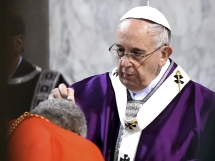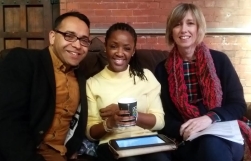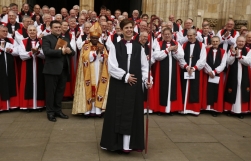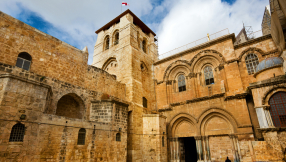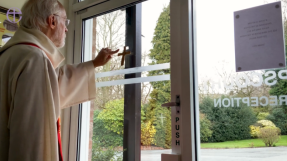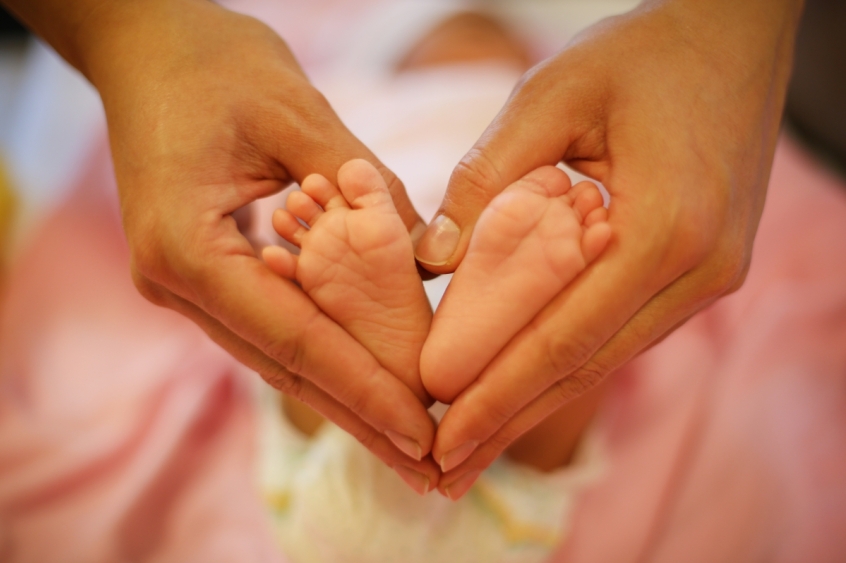
"Our Heavenly Father" is a term that many Christians are familiar with, but the notion of God in the context of motherhood is one that is alien to most. I'm not about to dive into the reasons, cultural and otherwise, why God is so often referred to in masculine terms, and neither am I trying to devalue the role that fathers can play in our lives – but it's Mother's Day, so I want to talk about God in relation to mothers.
As my friends become mothers and I consider the possibility myself, I realise that there are glorious things about motherhood that reflect the nature of God. Understanding these things not only enriches our personal understanding of God, but also helps us to appreciate our own mothers even more.
First, a biology lesson: from the moment of conception a woman's body devotes great resources to the production of new life, often at the expense of the mother-to-be herself. Extreme exhaustion, nausea, insomnia and physical pain are poignant reminders that despite the possibility of joy to come, the process of pregnancy itself is a form of self-sacrifice ahead of childbirth, both endured to bring forth the life of another. Mirrored in these acts is a God who chose another form of self-sacrifice as an expression of eternal love for those initially oblivious to the cost iof giving them life.
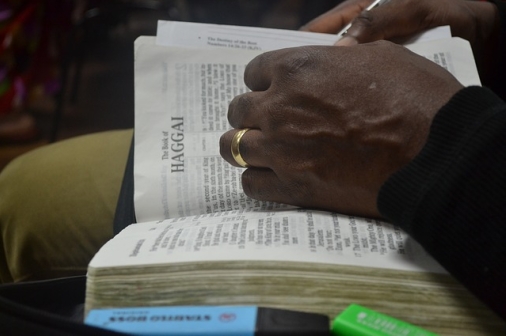
Along with this kind of self-sacrifice goes unconditional love. I think I ever truly understood this until I spoke to my cousin. After the birth of her first child I asked her what it was like to become a mother. She told me about an inexplicable feeling of great pride in someone who had done absolutely nothing to deserve it yet. In the same way I can picture God beaming down on us, people completely undeserving of the love given unconditionally and the sacrifice acted out unflinchingly, but with the same love of a mother, the memory of labour exceeded by what she now feels for her new child.
Once upon a time our mothers were all we knew. Enveloped in the womb, we were completely reliant on them for nutrition, protection and development. Immediately after the trauma of childbirth doctors recommend skin-to-skin contact with mothers to calm and soothe newborn babies. The idea of "mother" is one of comfort and stability and even in Scripture the analogy of the womb is used in relation to God carrying and bearing his people.
In Isaiah 46 God addresses the Israelites as "you who have been borne by me from birth, carried from the womb" (verse 3), while in Deuteronomy the Israelites are chastised for forgetting "the Rock who bore [them] and the God who gave birth [to them]" (Deuteronomy 32:18).
Previously I thought of God as a kind of godfather, almost a Mafia-boss type figure: someone powerful, who can solve all your problems – of course without the murdering, bribery and blackmail. But now thinking about God as my provider and sustainer, the image of a mother and her unborn child brings a sense of intimacy and dependency that is extremely satisfying.
Another recurring image in the Bible is one of God as a nurturer. He is compared to a nursing mother and her child (Isaiah, 49:14-15, Isaiah 66:12-13) and also as a mother protecting her offspring (Matthew 23:37, Deuteronomy 32:11-12). In the early stages of a child's development the bond it develops with its mother is particularly important, as studies from psychologists and academics have shown.
There is also the familiar saying "the hand that rocks the cradle, rules the world", signifying the immense influence that nurturers play in both the long and short term. Truly valuing the position that maternal figures play in our lives and our development is a chance to understand the way in which God wants to interact with us, and also how we can better relate to him.
Motherhood is far from the only role available for women within the church and within our world, but still it is an amazing thing that should be treated with honour and respect. In misunderstanding the glory of mothers we miss out on a deeper revelation of what our relationship with God is supposed to look like. Whether we have experienced life with brilliant biological mothers, or other great maternal figures taking on this role, today is the perfect opportunity to thank God for these women, and the glorious reflection of God's nature that we see within them.
Jendella is a writer, photographer and filmmaker based in London. Her work has appeared in The Guardian and also been exhibited internationally. She can be found on Twitter – @JENDELLA – and also at www.jendella.co.uk.










